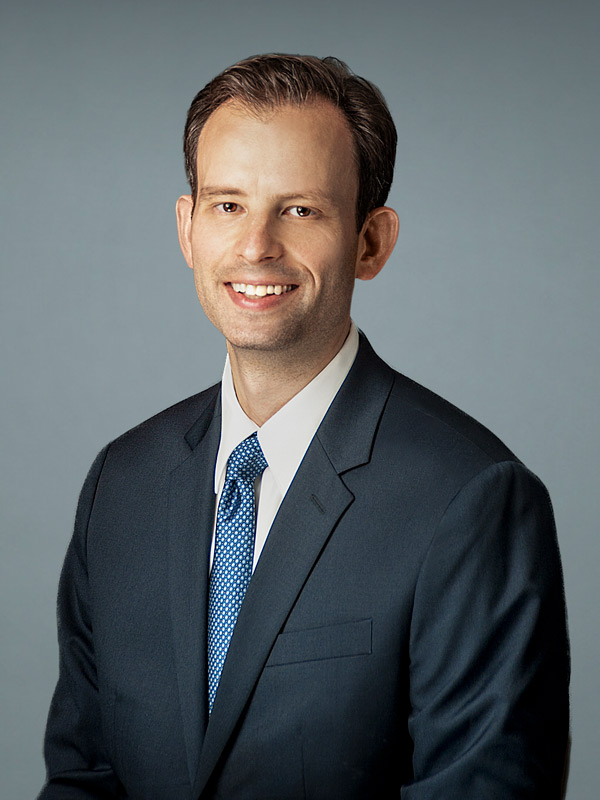
Oncology & Hematology Fellowship

Marc J. Braunstein, MD, PhD
Fellowship Program Director
Dear Fellowship Applicant,
Welcome to NYU Grossman Long Island School of Medicine’s Oncology and Hematology Fellowship! We are a premier three-year Accreditation Council for Graduate Medical Education (ACGME)–accredited training program that seeks to develop a diverse cadre of physicians who are adept at the prevention, screening, diagnosis, and treatment of a broad range of solid and liquid cancers, as well as noncancerous classical hematologic disorders.
As you embark on your journey to fellowship subspecialty training, I want to take the opportunity to provide a few highlights of our program. At present we have nine fellows in total (three per year), all of whom are eligible to become board-certified in both medical oncology and hematology. Though we share some didactic elements with our colleagues in the Manhattan campus at NYU Grossman School of Medicine, such as tumor boards, we are an independent program situated in Mineola, New York, a beautiful suburb of Nassau County, and are under the academic auspices of NYU Grossman Long Island School of Medicine, a three-year tuition-free medical school founded in 2019.
We pride ourselves on a consistently high board passage rate, and moreover that our fellows are well prepared to graduate to positions in both academic and community settings. Our faculty are highly dedicated to supporting our fellows, including coaching them toward their clinical and academic pursuits. We offer a rigorous clinical experience that emphasizes devoting time specifically to learning subspeciality practice in oncology and hematology. By front-loading the hospital clinical experience in the first year, our fellows become confident in managing complex inpatient cases before moving on entirely to the outpatient setting in their second and third year where they continue their outpatient clinical experiences and work toward presenting and publishing their independent research projects.
We seek to continually improve our program and bring innovations that go beyond the minimum requirements. In addition to providing research mentorship and resources for education and conference travel, we have developed longitudinal curricula on clinical trials development and oversight, as well as transition to practice. Michael Shusterman, MD, our associate program director, and I are actively involved in national societies and networking with other fellowship programs to assure best practices in medical education and subspecialty training. We have an open-door policy when it comes to fellows concerns and value their feedback. We regularly meet with our fellows to provide support for any obstacles they may encounter. In addition we emphasize wellness and coordinate activities outside of the clinical setting to promote team building.
It is a wonderful time to be in oncology and hematology as treatment paradigms and technological advances lead to improvements in patient care. We hope you will choose to train with us as we provide the necessary skills to navigate our increasingly complex and fascinating field.
Our Team
The Oncology and Hematology Fellowship leadership team provides expertise and mentorship to our fellows.
Michael Shusterman, MD
Associate Director of the Oncology and Hematology Fellowship
Dr. Shusterman is the associate program director for the Oncology and Hematology Fellowship. His clinical practice is specialized in the care of patients with gastrointestinal malignancies. He is involved in patient—physician communication research. As a medical educator, his focus is on faculty development and fellowship curricular innovation, including the postgraduate-oriented practice of oncology curriculum.
Jeffrey G. Schneider, MD
Chief of the Division of Oncology and Hematology
Rachel Escobar works closely with program leadership.
Our Current Fellows and Alumni
Meet our current fellows and alumni.
How to Apply
To be eligible for the Oncology and Hematology Fellowship, you must complete three years of ACGME-accredited training in internal medicine. Three positions are available for academic year 2025–26.
Applications for the 2025–26 academic year are accepted beginning in July 2024. The official fellowship start date is July 1, 2025. We only accept fellowship applications through the Electronic Residency Application Service (ERAS) run by the Association of American Medical Colleges. All interviews are held virtually throughout September and October. Applicants are notified via email no later than September 20, 2024, whether they are or are not selected for an interview. We accept individuals on J1 visas.
All positions are offered through the National Resident Matching Program.
Contact Us
If you have questions about the Oncology and Hematology Fellowship, please contact Rachel Escobar at Rachel.Escobar@NYULangone.org or 516-663-1128.
Learn more about graduate medical education programs at NYU Grossman Long Island School of Medicine, and access information for house staff, including benefits, policies, and services.